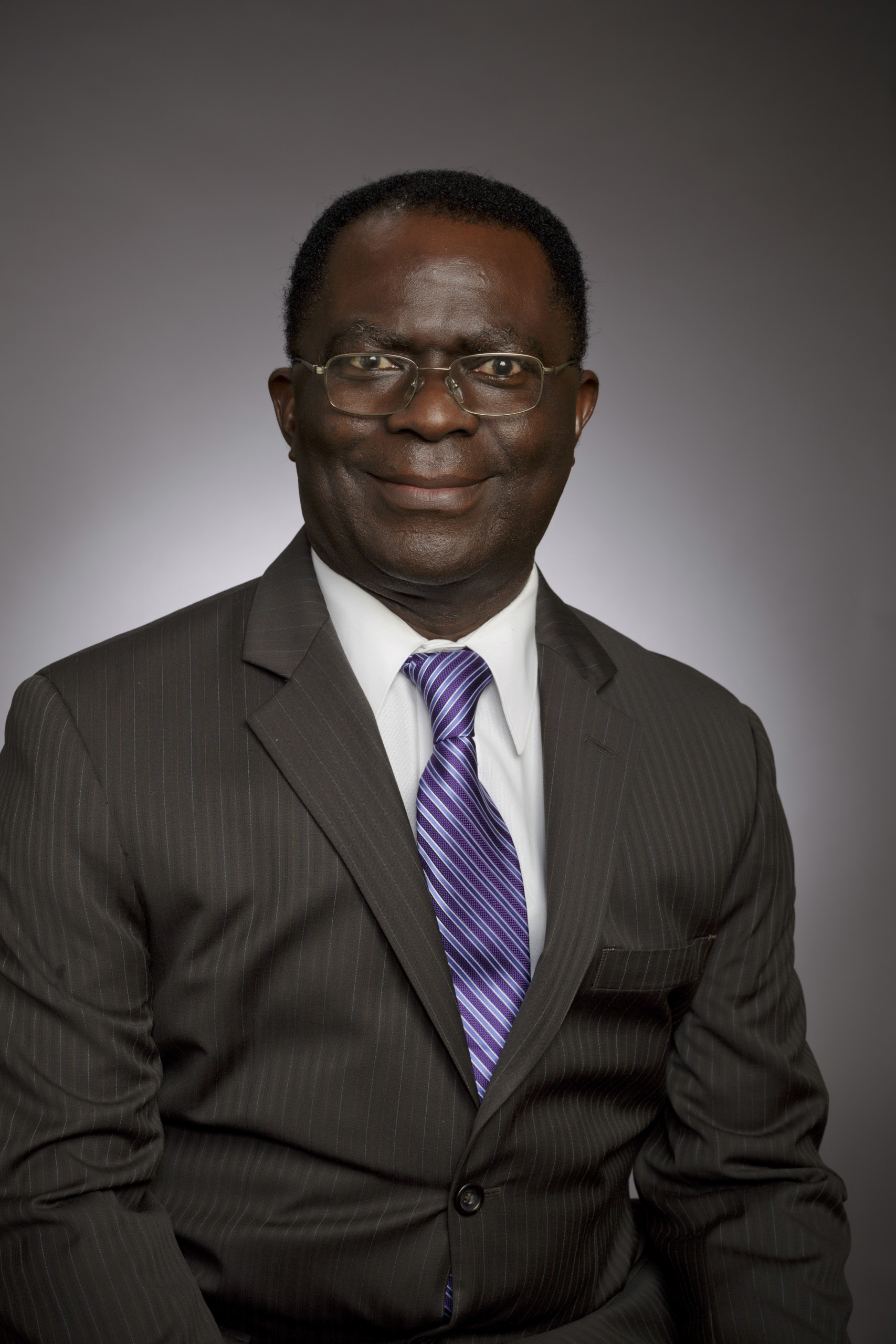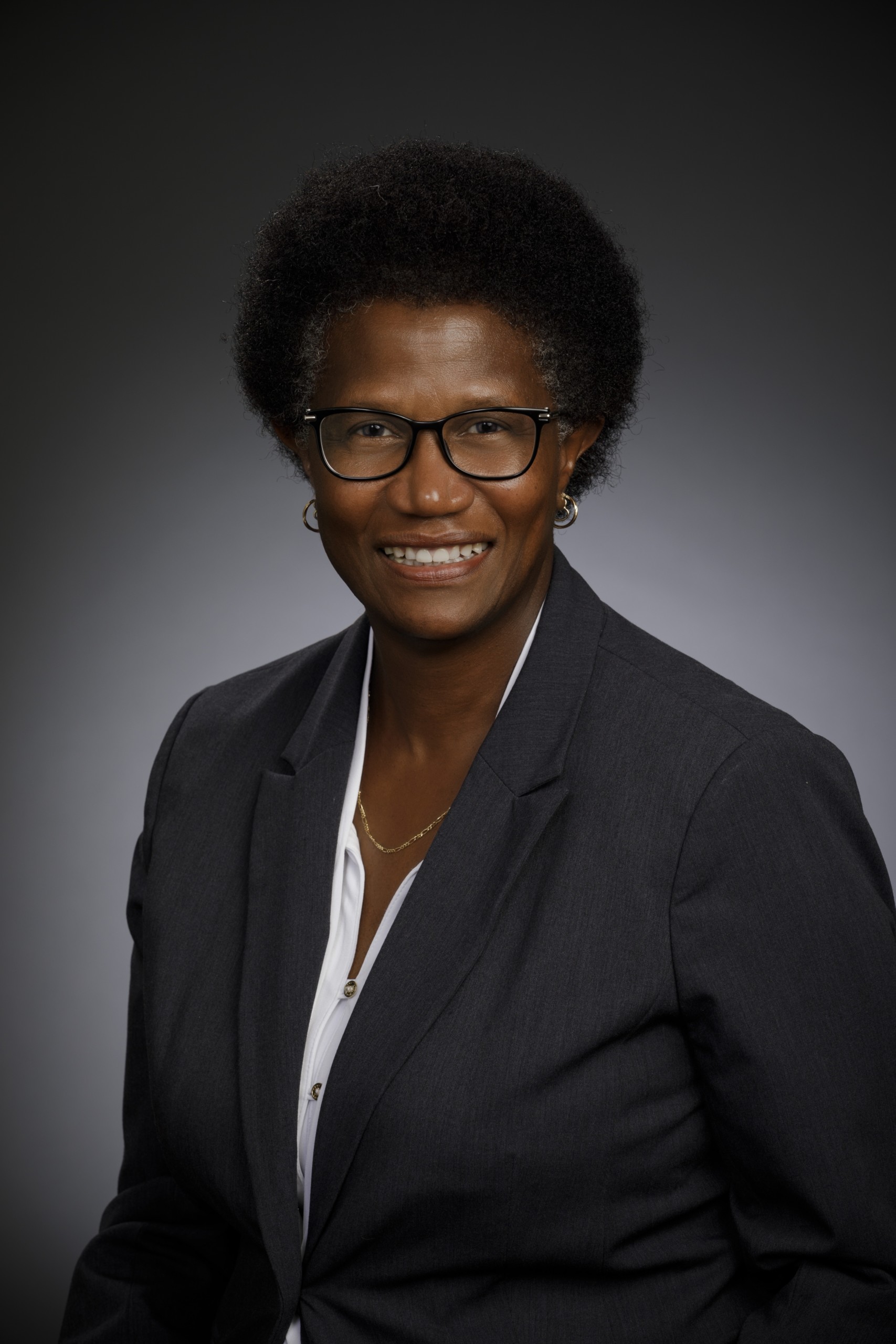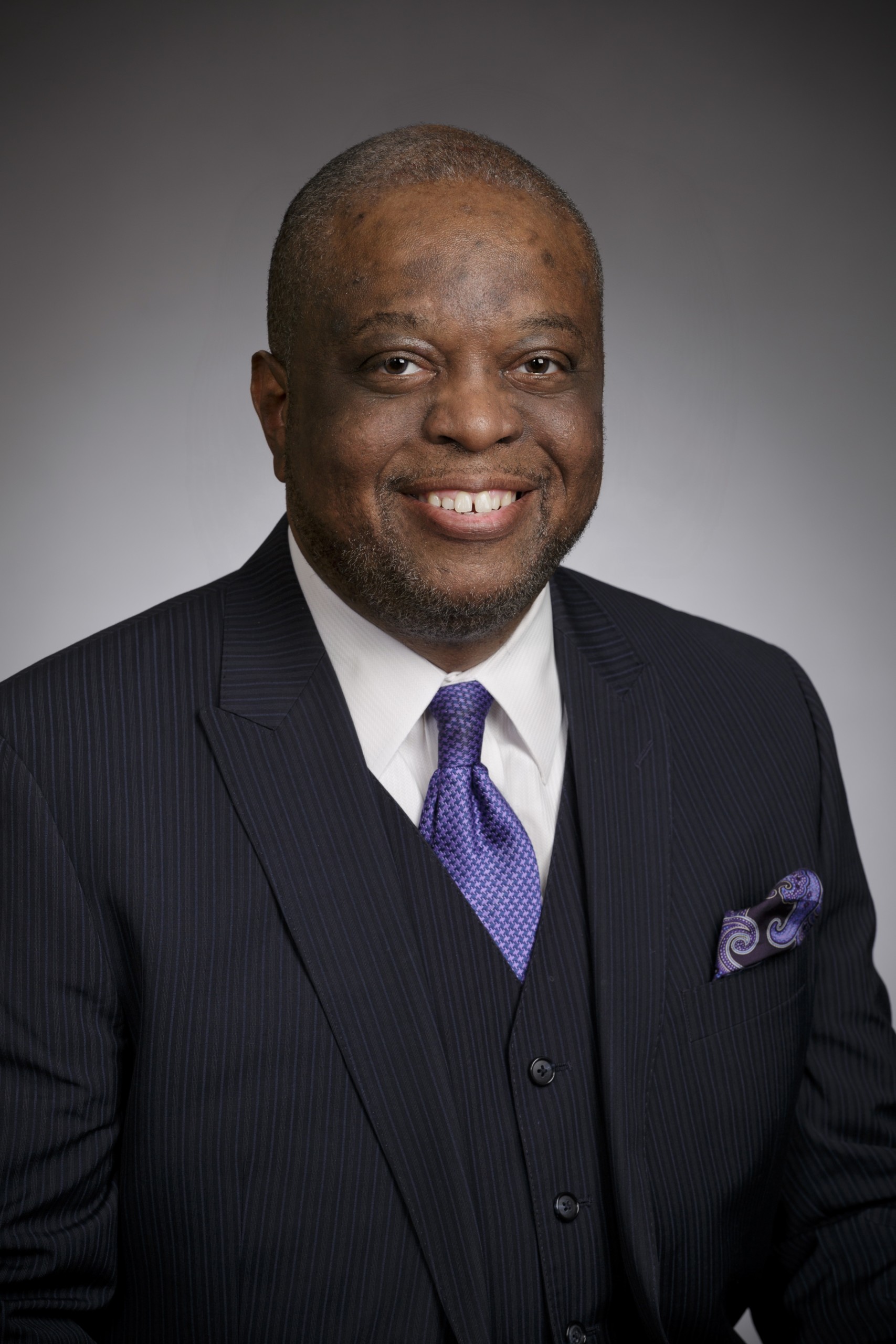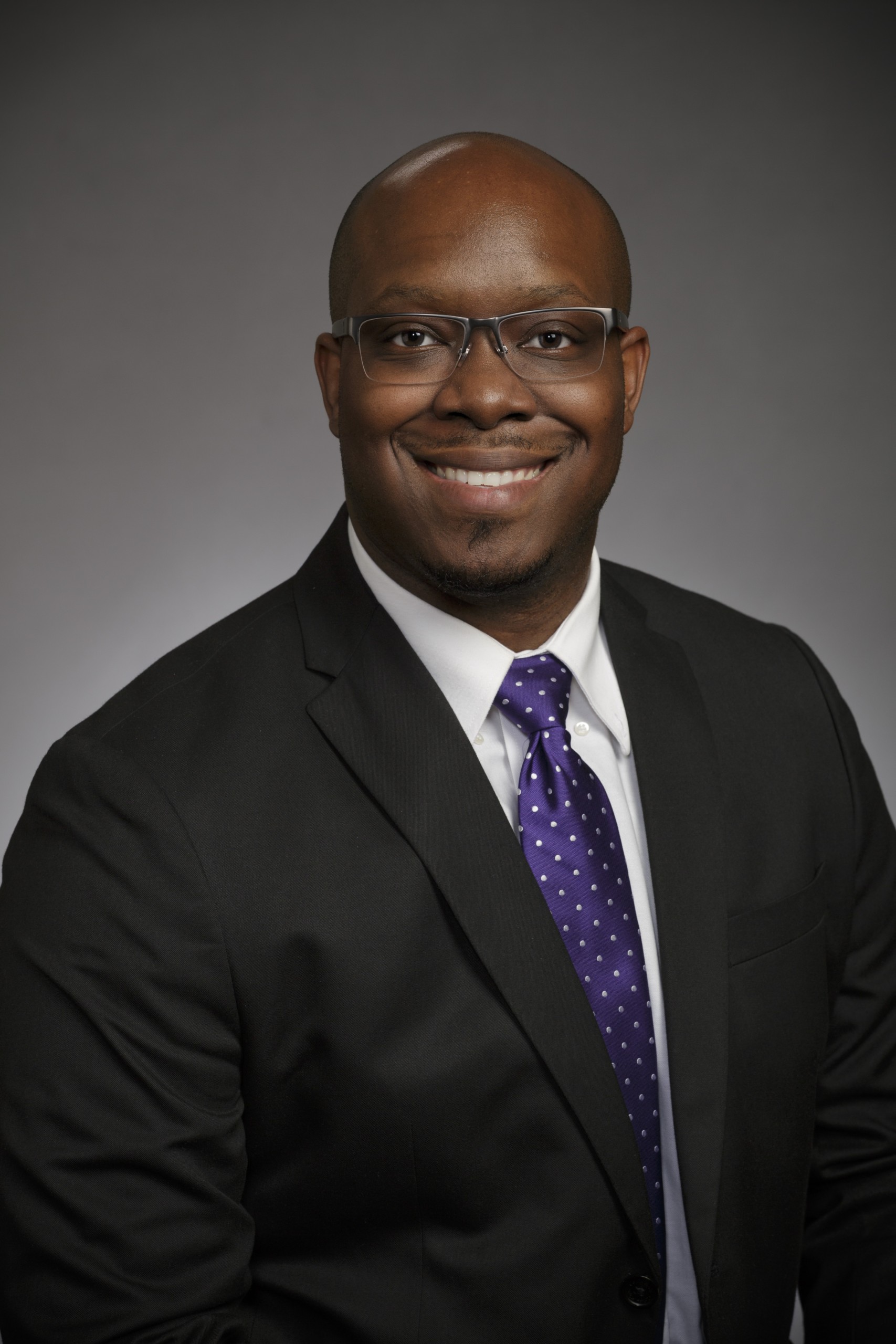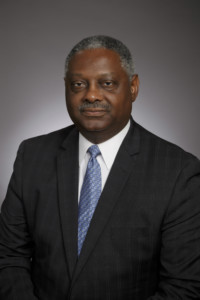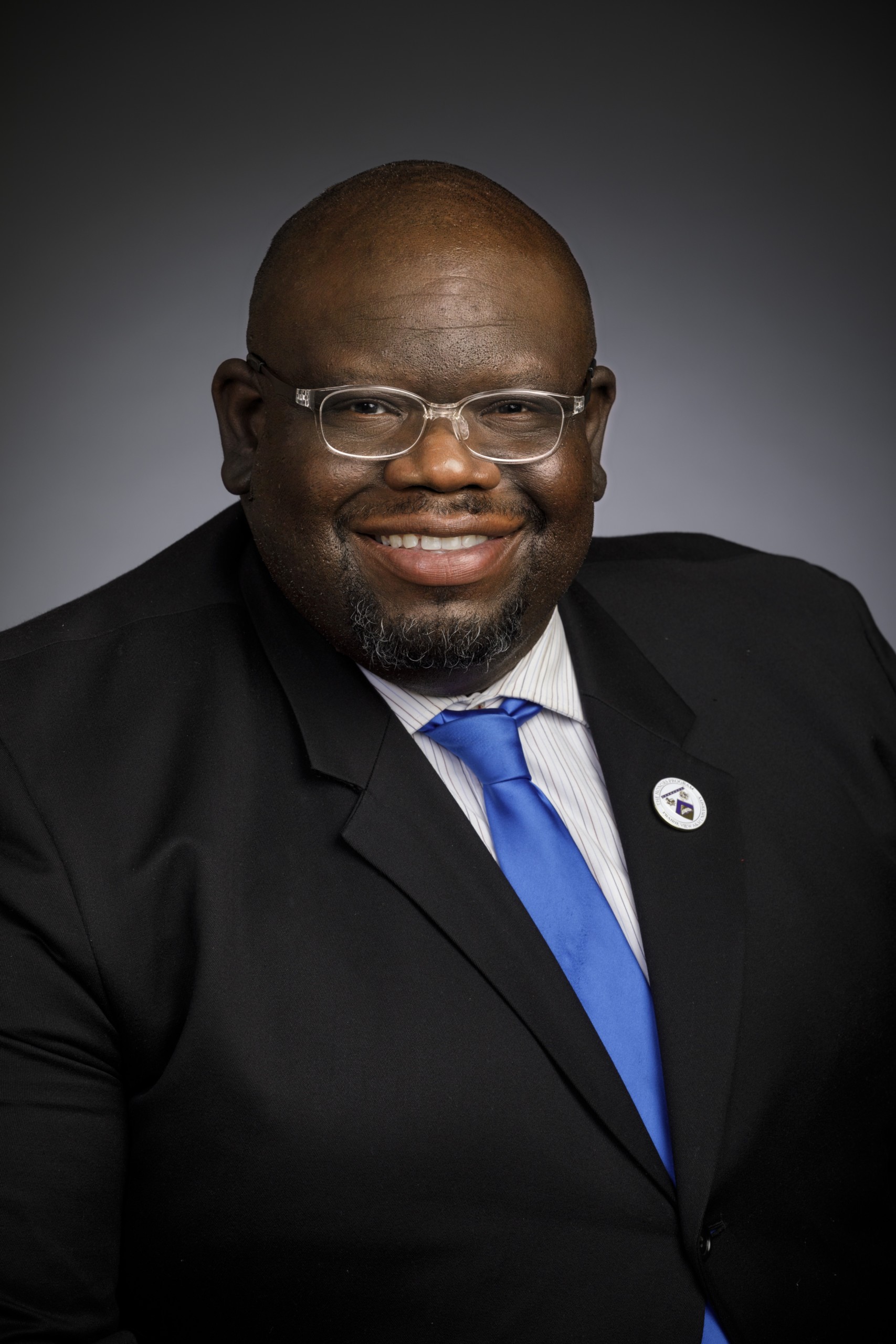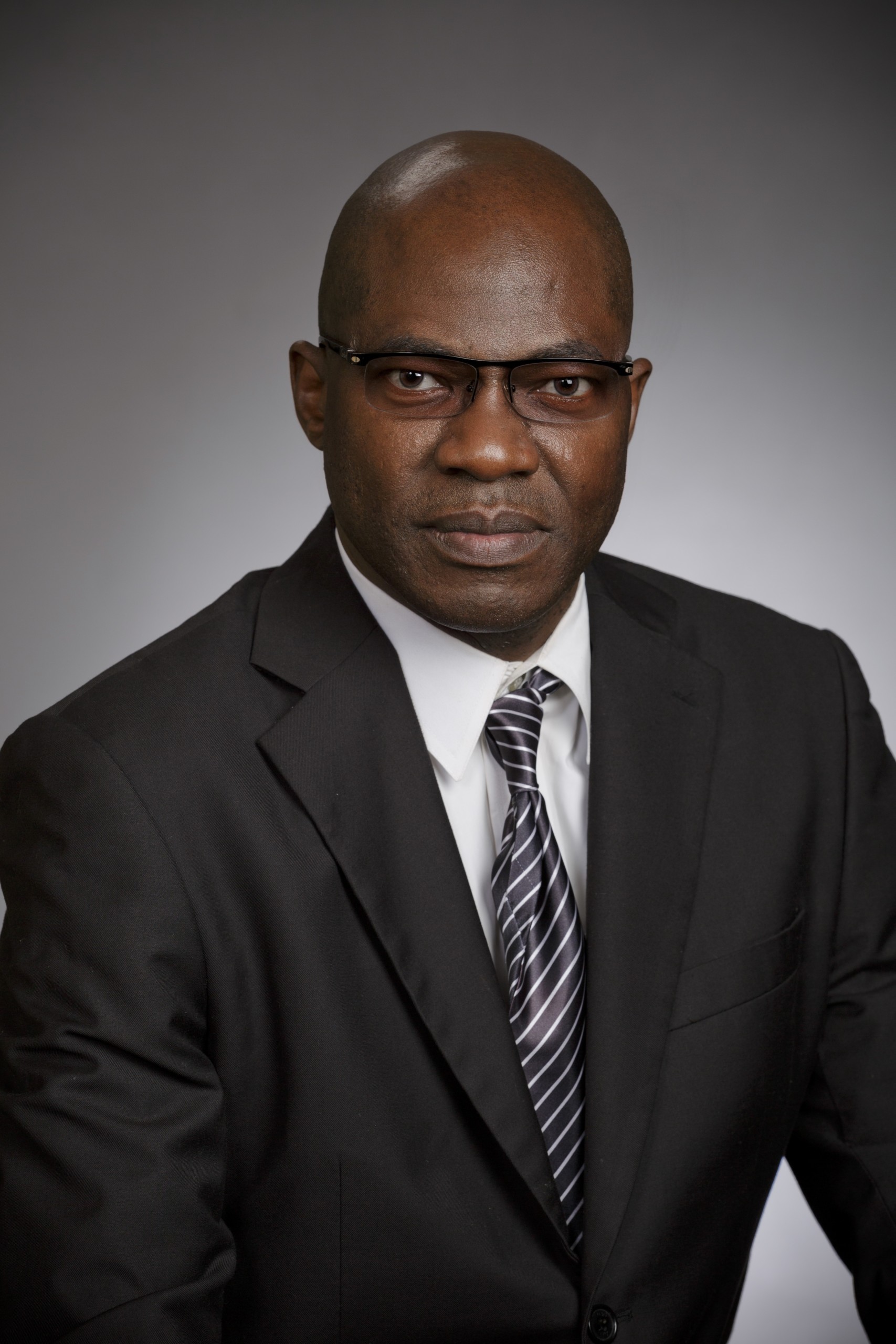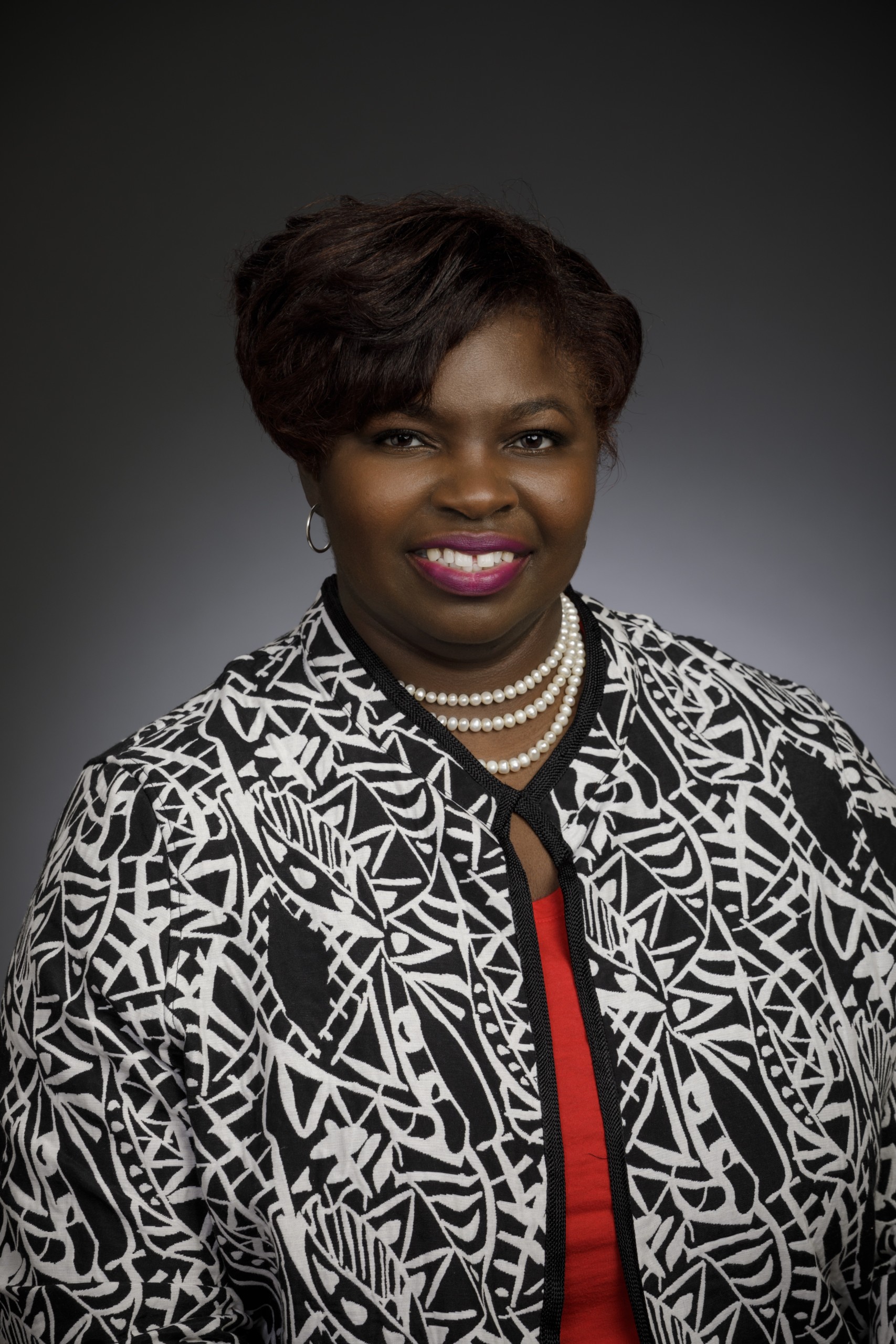PRAIRIE VIEW, Texas (April 5, 2021) – Black scientists have paved the way for many social and scientific breakthroughs – from George Washington Carver’s work in chemistry and agriculture to Kizzmekia Corbett, the researcher who helped develop the Moderna COVID-19 vaccine. Since its inception, Prairie View A&M researchers (PVAMU) have been part of this rich history of scientific discovery.
Ten PVAMU researchers were recently named to Cell Mentor magazine’s list of 1,000 inspiring Black scientists in America. The list was compiled by the magazine’s Community of Scholars, a group of postdoctoral fellows and early-stage investigators committed to promoting inclusion in the scientific community.
The PVAMU researchers and educators included on the list are Drs. Paul Orleans Biney, Laura, Carson, Dennis E. Daniels, Marco Giles, Kelvin K. Kirby, Quincy C. Moore III, Aderemi Oki, Judy A. Perkins, Carolyn Williams, and Yolander Youngblood.
One member on the list, Laura Carson, Ph.D., has been researching biodegradable polymers for agricultural and biomedical applications for 26 years. Carson is a research scientist in the College of Agriculture and Human Sciences. Her career as a researcher began more than 30 years ago when she fell in love with chemistry in high school.
“There are so many types of scientists, and each makes a contribution to solving our societal issues,” she said. “With the advancement of technology, science has helped solve a number of problems, even the ones that we’ve created. It is not the only avenue to help mankind, but it provides a way to be creative, be bold and be open to new ideas and new ventures to make life better for future generations.”
As one of eight siblings and coming from a lower socioeconomic background, Dr. Carson said she understands the challenges many PVAMU students face. She has spent her career helping others achieve success in their chosen fields.
“It has been an honor to work closely with our students to help prepare them mentally and academically for entry into graduate school or the workforce. In order to be successful, it is important to communicate, collaborate and commit to accomplishing common goals,” she said.
Quincy C. Moore III, Ph.D., associate professor of biology and director of PVAMU’s Honors Program, also discovered a passion for science early in life. After spending a summer at Jackson State University in the 11th grade, he developed a deep interest in scientific research. He has worked on research projects in the areas of physics, environmental toxicology, physiology, epidemiology, antibiotic and drug testing, vaccine development, infection control and treatment, immunology, and bacteriology. His research at PVAMU is primarily in the field of eye disease and infection, and his work is helping to identify new antibiotics.
“Becoming a scientist is one of the most rewarding occupations in my books. As a scientist, you are in the laboratory taking concepts to reality that lead to the creation of new therapies that impact society. Many times as a scientist, you will not always be in the forefront, but the work that you do will speak volumes,” Moore said.
PVAMU Assistant Professor of Chemistry Marco Giles, Ph.D., was inspired by one of his science professors early on in life to pursue a career in scientific research. Giles researches the synthesis of various biocompatible polymeric materials that can be used together to create better drug delivery, purify water and create self-healing and responsive films and coatings. His research could one day help remove lead from water to provide safe drinking water.
“I have always been interested in understanding why and how things work the way that they do,” Giles said. “I was inspired to follow my career path by Dr. Jesse Jones at Baylor University. Not only was he the only Black chemistry professor there, but he also served as a Texas State Representative for many years of his tenure. His dedication to serving people in academia and government is impressive.”
Inspiring others is a common thread among the PVAMU scientists named on the Cell Mentor list. Researcher and educator Yolander Youngblood, Ph.D., has been teaching botany and practicum at PVAMU since 2014, in addition to serving as executive editor of PURSUE: Undergraduate Research Journal at PVAMU. She helps students early in their academic careers to discover their own interests in science.
Youngblood has contributed many peer-reviewed articles on subjects, such as the use of organic herbicides. She encourages students to consider a career in science to help make breakthroughs that will improve society and the world.
“You too can become a scientist. We need you. You have a beautiful, bright mind. We are counting on you to answer current and future questions,” she said.
To view Cell Mentor’s complete list of 1,000 inspiring Black scientists in America, click here.
By Jocelyn Kerr
-PVAMU-

